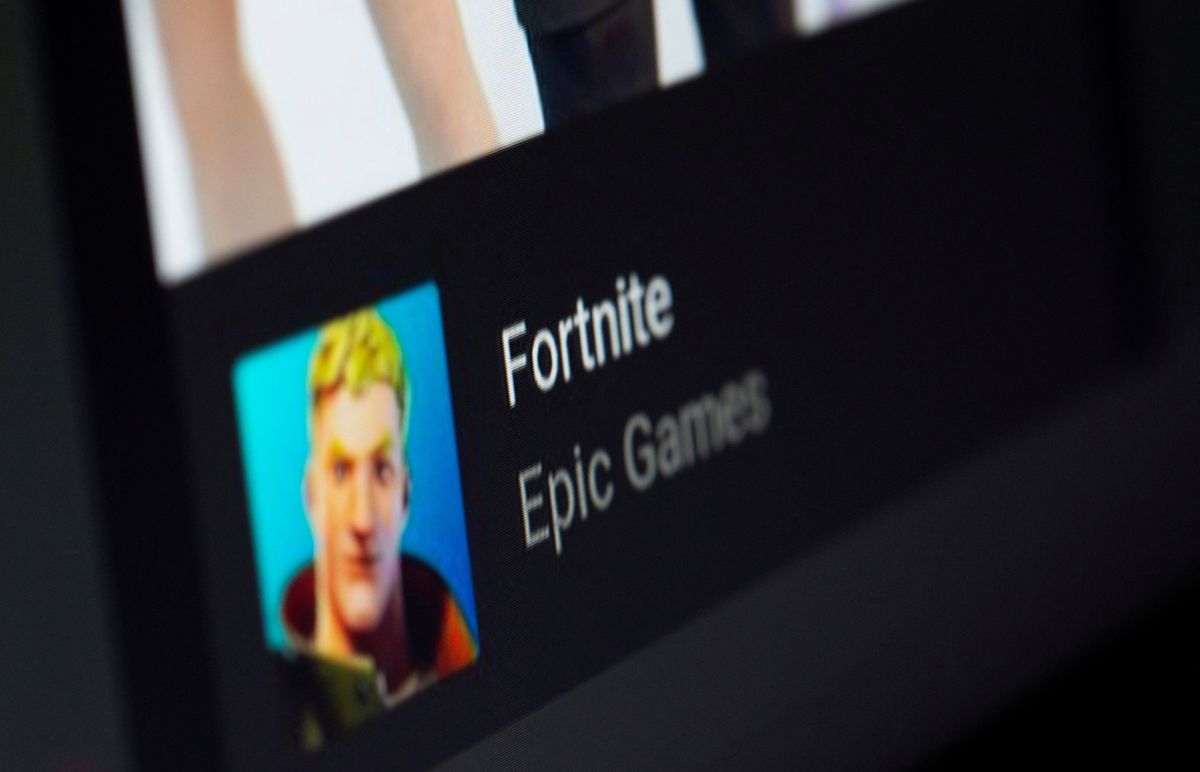New details from the Epic Games lawsuit against Google
Early this month, Epic Games took Google to court for anti-competitive practices.

A few minutes every morning is all you need.
Stay up to date on the world's Headlines and Human Stories. It's fun, it's factual, it's fluff-free.
The backstory: Google first stepped onto the tech stage as a search engine in 1998. Over the years, it’s transformed into a technological powerhouse, branching out into advertising, cloud services and hardware.
Epic Games, a major player in the gaming arena, became known for hits like Fortnite and the widely used Unreal Engine. Its legal dispute with Apple in 2020 over its App Store policies brought attention to issues surrounding App Store practices and monopolistic concerns.
More recently: Early this month, Epic Games took Google to court for anti-competitive practices, saying its Google Play store policies are essentially a monopoly and artificially boost prices. Google’s also facing another antitrust lawsuit from the US government at the same time.
In the past week, Epic Games has presented evidence saying that Google is worried about independent game developers branching out, so it’s willing to invest millions to keep these developers within the Google Play ecosystem.
The development: On Monday, testimony revealed that Google paid US$8 billion over four years to Samsung to ensure that Google’s search engine, voice assistant and Play Store were set as default in its devices, according to testimony presented by Epic Games. James Kolotouros, Google's VP for Partnerships, said that Google had come up with plans to share app store gains with Android device makers to make sure that its products were preinstalled in these devices.
Epic Games’ lawyer is using this deal with Samsung as a prime example of Google's penchant for making deals like this with phone makers. According to Epic Games, Google is working hard to keep other app stores at bay, safeguarding its expected 2021 profit of over US$12 billion, which includes the customary 30% cut from app makers.
Key comments:
“Google has relegated its motto to nearly an afterthought, and is using its size to do evil upon competitors, innovators, customers and users in a slew of markets it has grown to monopolize,” Epic Games wrote in its complaint, which was first filed in 2020.
“The most relevant thing for us is showcasing to the jury how Android has created more choice, flexibility and openness than any other platform and that Epic has actually availed itself of that level of choice and flexibility,” said Wilson White, Google’s vice president of public policy and government affairs. “As a result, these needless claims that they’ve brought should fail.”
“As we said in 2022, Google never asked us, pressured us or made us agree not to compete with Google Play,” said an Activision spokesperson earlier this month.
“It’s hard to imagine Google makes it out of the gauntlet” unscathed in the next year, said Paul Swanson, an antitrust lawyer from the firm Holland & Hart. “At some point, with this many cases, one breaks against you.”




Comments ()